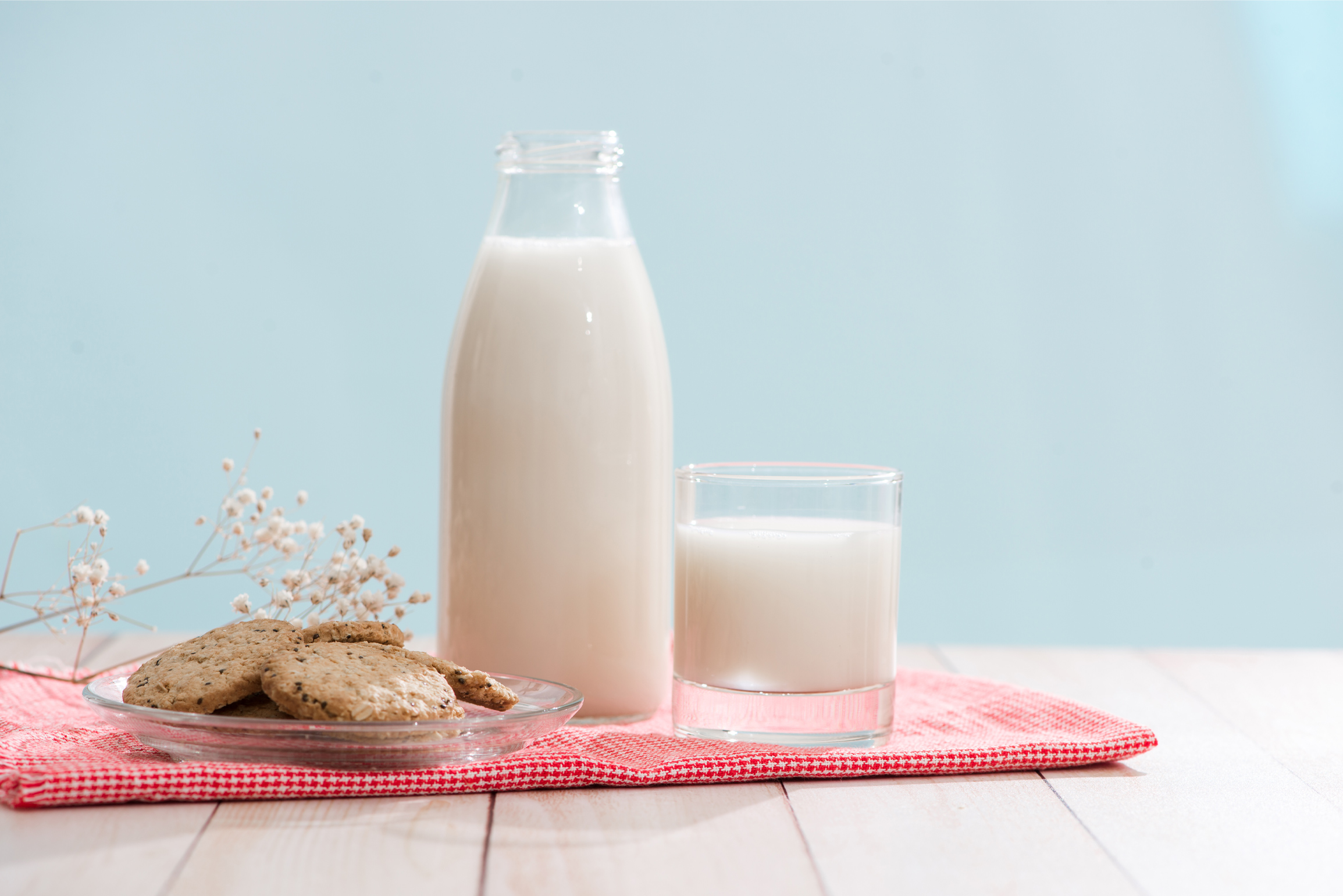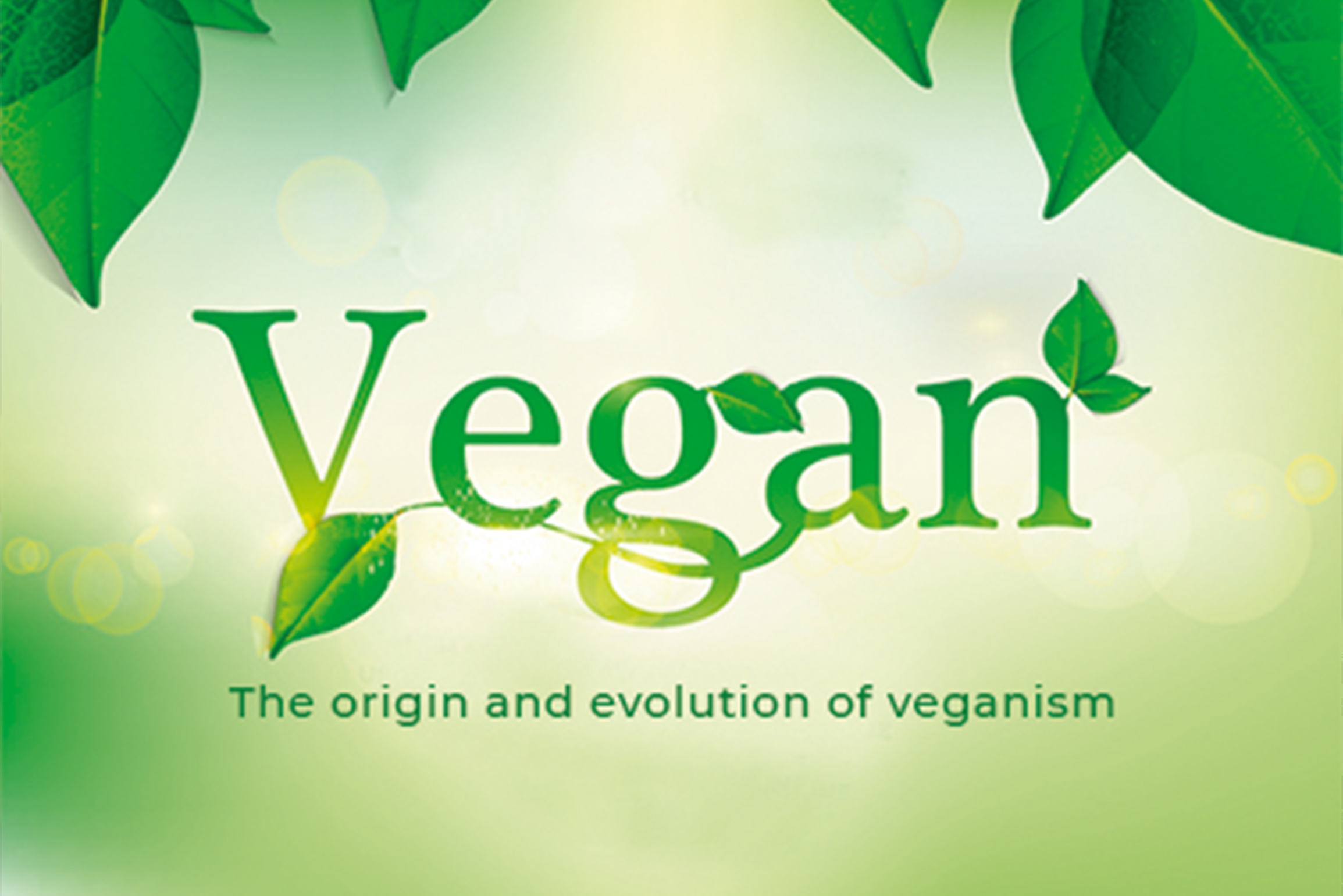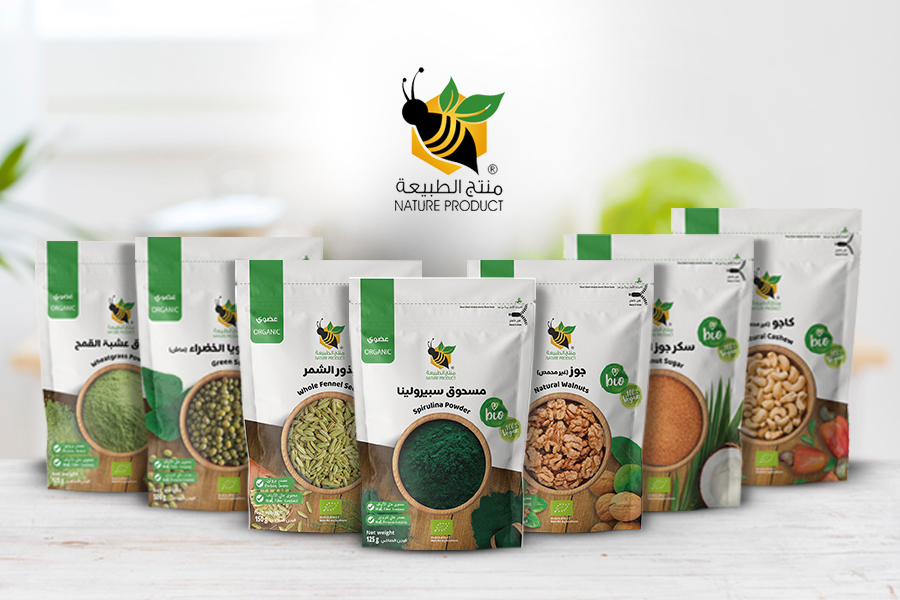Myths about common milk and different substitutes and its benefits
Lactose intolerance, cow’s milk protein allergy, veganism, ovo vegetarianism or just animal ethics are some of the factors that have caused a considerable decline in cow milk consumption in the past few years. Consumers change habits and markets adapt themselves with new similar products that adjust to their new customer requirements. In this blog post, we dismantle myths about common milk and we introduce you to different substitutes and its benefits.
For more than 10 years, science has been ending with all the traditional believes around the human necessity of consuming cow milk. Numerous reviews and meta-analysis conclude that increasing calcium intake (both through food or supplements) doesn’t reduce the risk of suffering a broken leg. In 2014, Jama Pediatric concluded through monitoring 96,000 people during 22 years, that drinking milk being a teenager isn’t related to a lower risk of suffering a hip fracture at an adult age. However, in cow milk, besides calcium, you can also find vitamin D, a protein of high biological value and healthful fatty acids. These vitamins are frequent sales arguments used by companies who commercialize cow milk. However, no one should be worried about this, because you can also find them in many other foods.
Currently, there exist several alternatives to cow milk, among which we can find:
Soya drink: Excellent for those persons who need to control their cholesterol or want to reduce their weight. Without any doubt, it is the most spread alternative around the market. It is a very good source of proteins, essential fatty acids, vitamins E, B1, B2, B6 and folic acid B9.
Oat drink: Provides a large number of fibres, which reduces constipation. In addition, its great contribution of antioxidants helps us to maintain our body young avoiding premature ageing. It is highly recommended to people with diabetes because oat helps our organism to control glucose. On the other hand, it protects our nervous system thanks to its vitamin B and may strengthen bones.
Coconut drink: According to various studies, the lauric acid found in 50% of all the coconut fats is related to reduce cholesterol levels. Further, this drink facilitates weight loss because of its satiating effect and its natural help for calorie burning. Prevents tiredness and regulates the health of our heart. Its consumption has even been recommended to reduce inflammation associated with diseases in muscles and joints.
Rice drink: Normally included in slimming diets and recommended to combat anaemia. Also known as rice milk, it is a drink rich in fatty acids Omega 3 and 6 and vitamins D and B12. all this converts rice drink in an ideal weapon to combat cellular ageing thanks to its antioxidant power. Reduces cholesterol, improves intestinal transit and strengthens the immune system.
Tiger nut drink: This drink is obtaining a recent global recognition. It is elaborated with a very popular tubercle in some places of Europe, Africa and the Middle East, tiger nuts. Its flavour is lightly sweet and starched. It has got a large number of amino acids, which convert this drink in an alimentary digestive drink. Strengthens the immune system enhancing defences and improving cicatrization capacity. Reduces cholesterol, it is antioxidant, astringent and contains a high nutritional value.
These are only some of the options that consumers can choose when they decide to cut off cow milk, while substitutes are continuously increasing. Innovation in manufacturing processes, a major commitment to the environment, increasing quality controls and respect to animals is boosting the industry to organic products, each time more appreciated around all the world. This is motivating our Organic Boosting team to keep working and helping a more sustainable world.
If you want to know more about environment respectful foods, we recommend you to take a quick look to our articles “Veggie meat and its benefits” and “Healthy snacks, ecological productions and benefits for your health”.
It is absolutely crucial to know about the standards and organic certifications to ensure quality in production processes and the final product, among others. More information in our article “Standards and certifications for organic products”.
We hope you liked our article. For more information, don’t hesitate to contact us.




